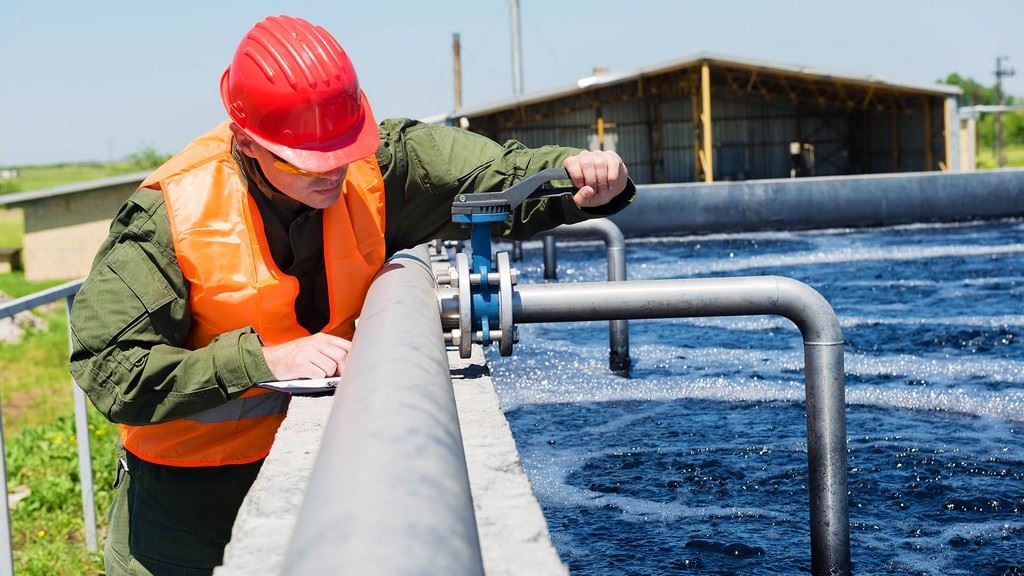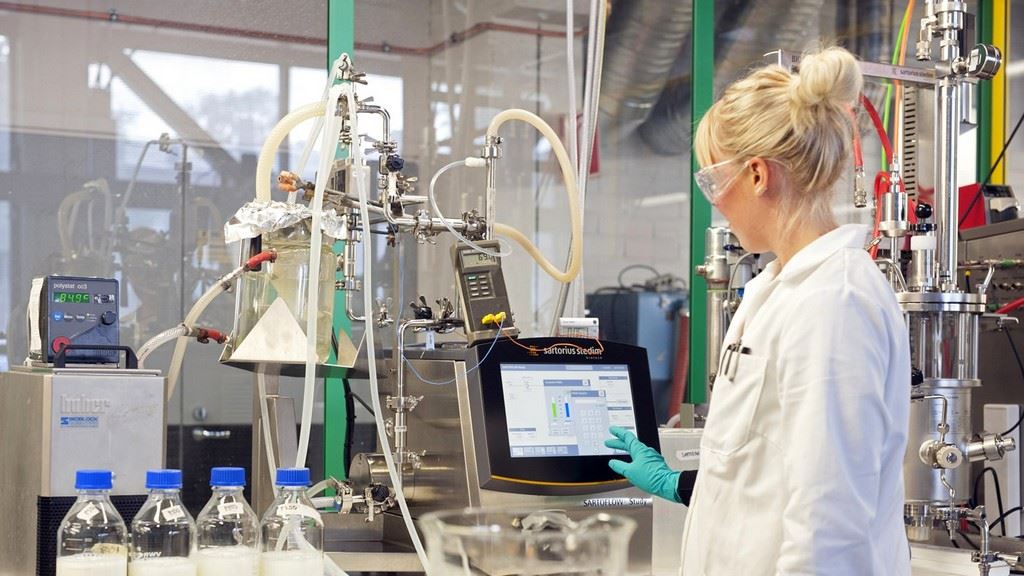Committees
AF Committees and Boards
The Accreditation Federation (AF) has several committees and boards dedicated to ensuring the effective management and quality assurance of our accreditation processes. Below is an overview of these committees and their primary functions.
Board of Directors
The Board of Directors oversees the strategic direction and overall governance of the AF. This board is responsible for setting the organization’s long-term vision, mission, and goals. It ensures that the organization operates in alignment with its core values and strategic objectives. The Board of Directors also plays a critical role in making high-level decisions, approving major policies, and providing oversight to ensure the organization’s financial stability and compliance with relevant regulations. They work closely with other committees and the executive team to drive the organization forward and adapt to changing industry dynamics.
Technical Committees
The Technical Committees are responsible for developing and maintaining the technical standards and guidelines used in our accreditation processes. Their role is crucial in ensuring that the technical aspects of accreditation are robust, up-to-date, and reflective of the latest industry practices and technological advancements. These committees work on drafting new standards, revising existing ones, and providing technical support and guidance to other committees and accredited bodies. By staying abreast of technological trends and innovations, the Technical Committees help the AF maintain its position as a leader in the accreditation industry.
Accreditation Committees
The Accreditation Committees oversee the end-to-end accreditation cycle, from initial application reviews to periodic renewals. Their core responsibility is to verify that all candidates and accredited entities meet stringent benchmarks for competence, reliability, and compliance with international standards. They collaborate with sector-specific experts to evaluate technical documents, conduct audits, and ensure consistent adherence to AF’s accreditation criteria. By maintaining a structured evaluation process and monitoring ongoing performance, the Accreditation Committees safeguard the credibility and integrity of the AF’s accreditation system.
Decision Committees
The Decision Committees are tasked with reviewing and finalizing major accreditation-related determinations, ensuring each outcome is both impartial and strategically aligned with the federation’s overarching goals. By evaluating recommendations from various internal bodies, these committees uphold a transparent decision-making process and foster accountability at every stage. They also address appeals or objections raised by members and stakeholders, providing fair reconsideration to maintain trust in the system. Through consistent oversight and principled governance, the Decision Committees guarantee that decisions reflect the highest ethical and professional standards, reinforcing confidence in the AF’s accreditation framework.
Evaluation Committees
Evaluation Committees conduct thorough assessments and evaluations to ensure compliance with our standards and identify areas for improvement. They are tasked with performing both internal and external audits, reviewing the performance of accredited bodies, and ensuring that all operations meet the high standards set by the AF. The Evaluation Committees also analyze data and feedback from these assessments to develop strategies for continuous improvement. Their work is essential in maintaining the integrity and credibility of the accreditation process, and they collaborate with other committees to address any issues or non-conformities identified during evaluations.
Complaints and Appeals Committee
This committee handles all complaints and appeals related to our accreditation processes, ensuring fairness and transparency. They provide a structured process for stakeholders to raise concerns and disputes, and they review each case impartially to reach a resolution. The Complaints and Appeals Committee is committed to maintaining the integrity of the accreditation process by addressing grievances in a timely and effective manner. They also monitor trends in complaints to identify potential areas for improvement in policies and procedures. Their work helps build trust and confidence among stakeholders by ensuring that their voices are heard and their issues are resolved appropriately.
Ethics Committee
The Ethics Committee ensures that all activities and decisions of the AF adhere to the highest ethical standards. They develop and enforce ethical guidelines and codes of conduct for all members and accredited bodies. This committee reviews ethical issues and dilemmas, providing guidance and recommendations to ensure that the organization’s actions are aligned with its ethical principles. They also conduct training and awareness programs to promote ethical behavior across the organization. By upholding strong ethical standards, the Ethics Committee helps to foster a culture of integrity, accountability, and trust within the AF and among its stakeholders.
Audit Committee
The Audit Committee is responsible for the internal auditing processes, ensuring financial integrity and accountability. They conduct regular audits of the organization’s financial statements, operations, and controls to identify any areas of risk or non-compliance. This committee also oversees external audits and coordinates with external auditors to provide an independent assessment of the organization’s financial health. Their work helps to ensure that the AF’s financial practices are transparent, ethical, and in line with regulatory requirements. By maintaining rigorous audit processes, the Audit Committee supports the organization’s commitment to financial stewardship and accountability.
Standards Developments Committee
This committee focuses on the development and revision of accreditation standards to keep them current and relevant. They work closely with industry experts, stakeholders, and other committees to identify emerging trends and challenges that may impact accreditation standards. The Standards Developments Committee is responsible for drafting new standards, updating existing ones, and ensuring that all standards are aligned with international best practices. Their work ensures that the AF’s standards remain rigorous, relevant, and reflective of the latest developments in the industry. By continuously evolving the standards, this committee helps the AF maintain its leadership position in the accreditation field.
Training Committee
The Training Committee develops and oversees training programs for staff and accredited entities to ensure high levels of competence and compliance. They design and implement comprehensive training modules that cover various aspects of the accreditation process, including technical standards, ethical guidelines, and evaluation procedures. This committee also organizes workshops, seminars, and continuous education programs to keep members updated on the latest industry trends and best practices. By providing high-quality training, the Training Committee ensures that all personnel involved in the accreditation process are well-equipped with the knowledge and skills needed to perform their roles effectively and uphold the AF’s standards of excellence.
Scheme Committee
The Scheme Committee is a vital component of the AF, responsible for the development, management, and continuous improvement of specific accreditation schemes. They ensure that these schemes meet the needs of various sectors and comply with both national and international standards. The Scheme Committee coordinates with other committees to provide training, support, and periodic reviews, ensuring the schemes remain effective and up-to-date. Their role is crucial in maintaining the credibility and relevance of the AF’s accreditation processes.
- Scheme Owners:The Scheme Owners are responsible for the creation, implementation, and continuous improvement of accreditation schemes within the AF. They work closely with various stakeholders, including industry experts and regulatory bodies, to develop comprehensive accreditation requirements and criteria tailored to specific sectors. Scheme Owners ensure that these schemes adhere to both national and international standards, providing a robust framework for accreditation. They also oversee the compliance and update processes, ensuring that the schemes remain current and effective. Through regular reviews, training, and support, Scheme Owners maintain the high standards and credibility of the AF’s accreditation processes, fostering trust and confidence among all stakeholders.
- Scheme Development: The Scheme Development team works on creating accreditation requirements and criteria for specific sectors or activities. They conduct thorough research and collaborate with industry experts to ensure the schemes are comprehensive and meet the sector’s needs. This includes drafting new guidelines, revising existing standards, and integrating feedback from stakeholders to ensure continuous improvement.
- Scheme Management: The Scheme Management team ensures the implementation and continuous improvement of the schemes. They oversee the application of accreditation criteria, monitor compliance, and address any issues that arise during the accreditation process. Their goal is to maintain high standards of quality and efficiency in the administration of the schemes.
- Compliance and Updates: The Compliance and Updates team is responsible for ensuring that the schemes comply with national and international standards. They regularly review and update the criteria to reflect changes in regulations and industry practices. This ensures that the accreditation schemes remain relevant and meet the highest standards of quality.
- Training and Support: The Training and Support team provides education programs and support for all parties involved in the schemes. They design and deliver training modules to ensure that stakeholders are well-informed about the accreditation requirements and processes. This includes workshops, seminars, and ongoing support to address any questions or challenges that may arise.
- Scheme Review: The Scheme Review team periodically reviews the effectiveness and relevance of the schemes. They analyze feedback, performance data, and industry trends to identify areas for improvement. This process ensures that the schemes continue to meet the needs of the sectors they serve and maintain their high standards of quality and credibility.

















































